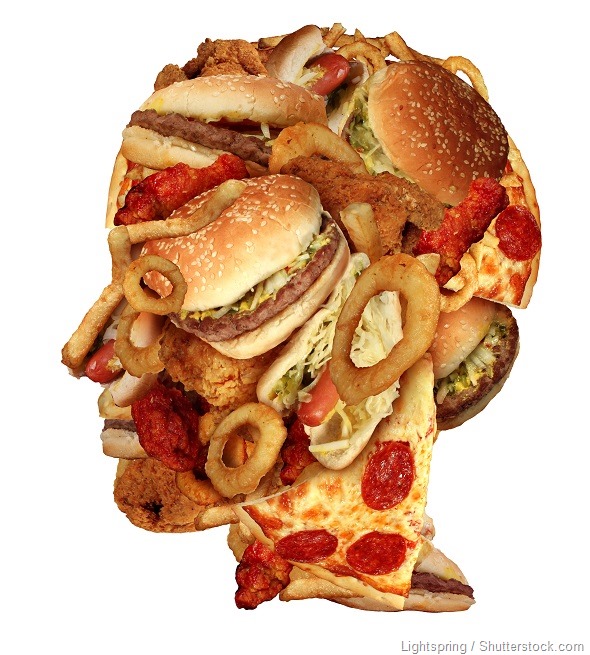A high intake of dietary trans fatty acids may have an adverse effect on memory, according to new research presented at the American Heart Association’s Scientific Sessions 2014.
The study, which included around 1,000 healthy men, showed that among middle-aged and younger men, a high intake of trans fats was associated with lower scores on word memory tests.

Lead author Beatrice Golomb (University of California-San Diego) and co-author Alexis Bui analyzed food questionnaires and memory tests completed by the participants. For the memory test, participants were shown a series of 104 cards and had to decide whether the word displayed on each card was new or had already appeared on a card shown previously in the series.
The researchers found that among men who were aged 45 or younger, those who reported the highest intake of trans fats scored significantly lower on the word memory test than those who had the lowest intake. The strength of this association was unchanged even after adjustment for factors such as age, depression, education and ethnicity.
Each additional gram of trans fats consumed per day was associated with 0.76 fewer words recalled. Those who consumed the most trans fats, recalled 11 fewer words out of 104 than those who ate the least trans fats, which translates as a reduction of more than 10%.
“Trans fats were most strongly linked to worse memory, in young and middle-aged men, during their working and career-building years,” said Golomb, who suggests that trans fats may contribute to oxidative stress, a process that damages cells. She decided to test the effects of trans fats after finding in another study that chocolate, which is rich in antioxidants, had a positive impact on cell energy and was associated with improved word memory in middle-aged people.
“In this study, we looked at whether trans fats, which are prooxidant and linked adversely to cell energy, might show the opposite effect. And they did.”
Although the study does not prove that trans fats reduce word memory in middle-aged men, experts say the association observed does make sense. Walter Willett from the Harvard School of Public Health in Boston says “these artificial fats penetrate every cell in the body and can disrupt basic cell functions.”
Trans fats might increase the shelf-life of food, says Golomb, but:
they’re a metabolic poison and that’s not a good thing to be putting into your body.
Sources